Corona saturation point and shifting working conditions tire CBS employees

Trine Madsen and Tina Falch are working on improving CBS employees' mental wellbeing and ergonomics during the pandemic.
Home schooling, offices in the kitchen and no informal chit chats with colleagues, combined with a full lockdown are taking their toll on CBS employees, report CBS’ two wellbeing officers. Especially younger employees and internationals are struggling.
Although most of CBS’ employees have become acquainted with working from home, it is certainly not promoting wellbeing during a pandemic and full lockdown, according to Trine Madsen, who is an HRD Consultant specializing in psychosocial wellbeing, and Tina Falch, an Ergonomics Ambassador at CBS.
“We are definitely feeling that a corona saturation point has been reached, combined with the fact that people’s working conditions are changing a lot. In spring, we had to be at home, everything was online, then we were allowed back on campus, and now we’re at home again. Some people have kids at home as well, while others are all alone. And it drains us all to adjust to changing conditions without knowing when normality will return,” says Trine Madsen.
Since the first lockdown in spring, Trine Madsen, together with Tina Falch, has been touring with an online “road show” promoting physical and mental wellbeing at home.
“Initially, people were more reluctant to talk about how they were doing. Now, Tina and I chat for 10 minutes, and people just start talking. Everyone needs to share how they are feeling, and some are longing for more virtual coffee meetings and social activities,” says Trine Madsen, explaining that throughout the pandemic, they have received more enquiries from employees.
She points out that especially younger faculty members, people who are living alone and internationals, who do not necessarily have a strong, social network in Denmark, are struggling with, for example, lacking motiatvion, feeling isolated and stressed out. However, Trine Madsen points out that managers are very aware of connecting with these particular groups.
“It’s so important that people reach out to each other and their colleagues in these times. Find the energy to make an extra phone call or send a sweet mail to a colleague and let them know you are thinking about them. We have lost our social glue and the informal ways of building up relations, such as hallway encounters and meetings by the coffee machine. We have to be more proactive if we want to have that now,” she says.
It is not only the psychological aspects that are tiring employees these days. Home offices are not necessarily as ergonomically friendly and cannot match the design and functionality of the campus facilities that we are used to.
“If you live in limited space, your dining table or the corner of your bedroom might now be serving as your home office space. And some are even sharing their limited home space with their homeschooling children,” explains Tina Falch and continues:
“Even on campus, people sit down too much. But at least on campus, you have tiny bursts of movement when getting coffee in the kitchen, going to meetings, and going up and down stairs to pick up food in the canteen. Now, if you live in a small apartment, your movement options are limited, and your body responds to this, as it’s not designed to sit down all day.”
It’s not your office chair that saves the day, it’s your behavior
Apart from booking Tina Falch and Trine Madsen for a meeting on how to improve conditions at home, CBS employees can order the bare necessities for setting up a relatively well-functioning home office. This includes an ergonomically correct office chair, an extra screen and keyboard, and equipment aids to suit your needs.
“In autumn, we realized that we had to give people the option of setting up a semi-permanent home office, so they didn’t have to drive back and forth with chairs and screens. However, having a fancy office chair and a height-adjustable desk do not help your physical health if they are not used correctly and actively during the day,” says Tina Falch.
She answers emails and phone calls about ergonomic improvements at home on a daily basis. Including a question about a painful tailbone from CBS WIRE’s journalist. Reason? Sitting down too much. Solution? Break up your sedentary behavior.
“If you just spend a couple of minutes regularly during the day adjusting your sitting position, standing up, moving your arms and body, and going for short walks, you will experience an increase in energy levels. And this is what many people lack right now. Variation and movement, as it boosts your energy levels and attention span during the day,” she says and adds:
“Don’t fool yourself into thinking that you can just go for a longer walk before or after work, because your energy level will drop if you don’t take the time for these micro breaks. And it’s not your good office chair that will save the day, but your behavior.”
Long-term effects?
The issues with reaching corona saturation point are also evident among the students, report two Student Guidance counselors, Thomas Gylling and Mette Gøtterup-Tang. They expect that the entire pandemic and lockdowns will have long-term effects on the students – academically and socially – when they are allowed back to CBS and a more normal everyday routine.
Take care of yourself and each other. That’s the best advice we can give
Tina Falch
So what about the employees? Will they be suffering from long-term effects as well?
Although Tina Falch and Trine Madsen do not use the word long-term effect, they too foresee that there will be some time of adjustment after we receive the green light to return. And in that time, it is important to be patient.
“Some people will return to a mountain of tasks, while others won’t. So it’s important that once back, we keep talking together about our individual situations and how we can help each other as colleagues in this, once again, new and changing situation. You will also have employees who were hired during the pandemic and have hardly met any of their colleagues in person. They will obviously also need to establish new routines,” says Trine Madsen.
Therefore, Tina Falch and Trine Madsen are encouraging their colleagues and employees to be open about the challenges, struggles and expectations at work.
“Take care of yourself and each other. That’s the best advice we can give. We know the situation is tough right now, so take time and focus on what you need right here, right now to just feel a tiny bit better. If you practice taking care of yourself already now, you’ll probably be better at dealing with returning to campus,” says Tina Falch.
In one way, the lockdowns and pandemic are already having a long-term effect, as the results from a survey, which explored CBS employees’ experiences of working from home in the spring, will be reflected in the coming job satisfaction survey in 2021.



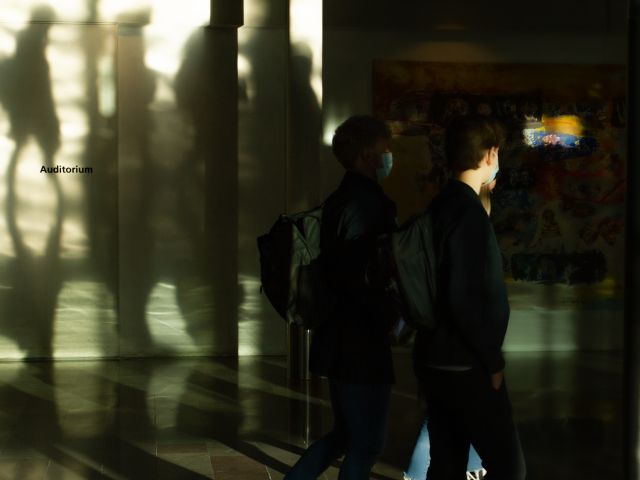
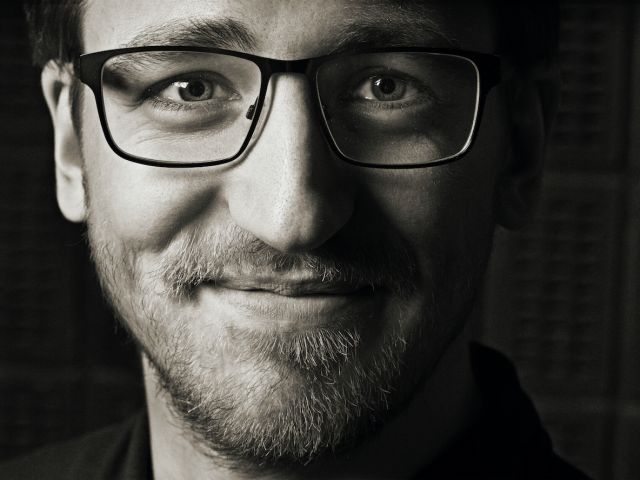

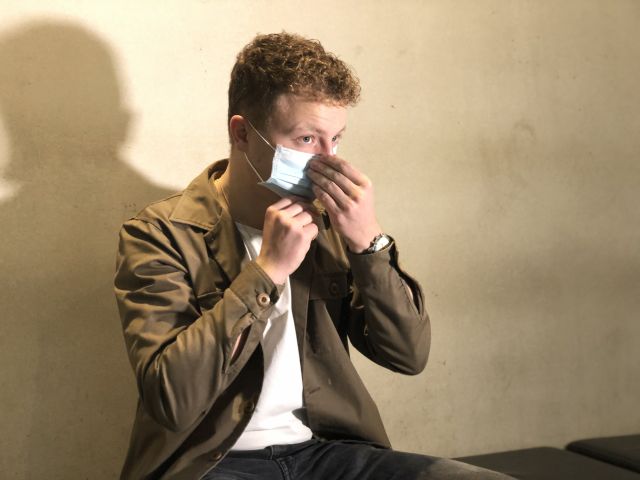

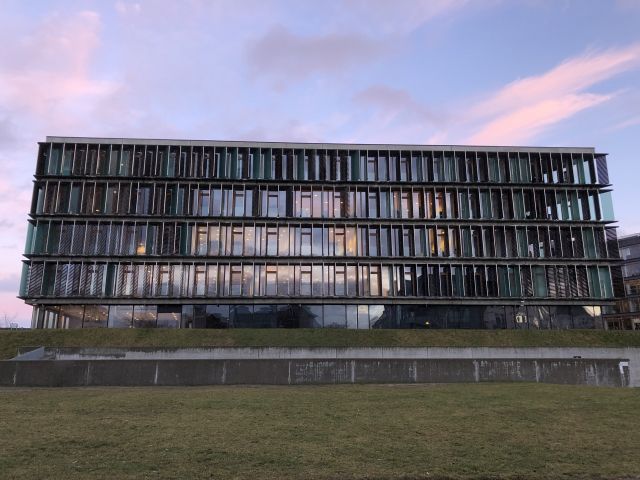
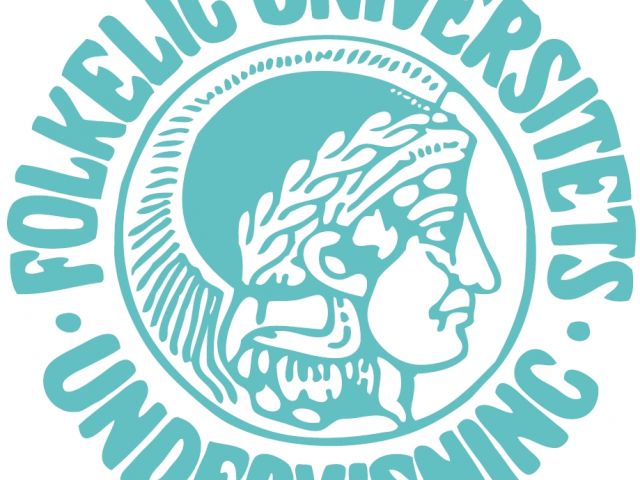
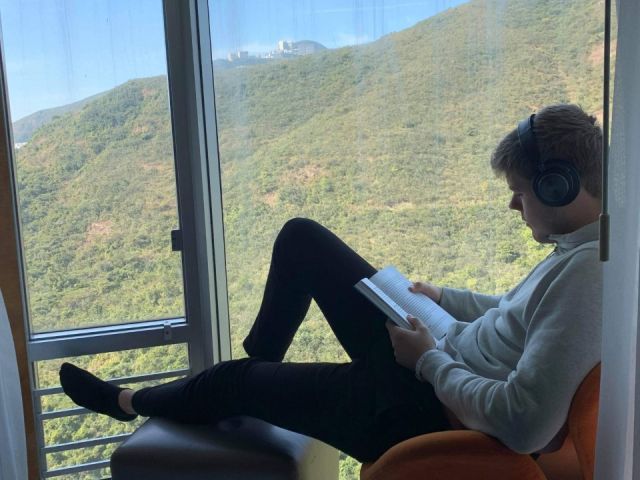




























































































































Comments